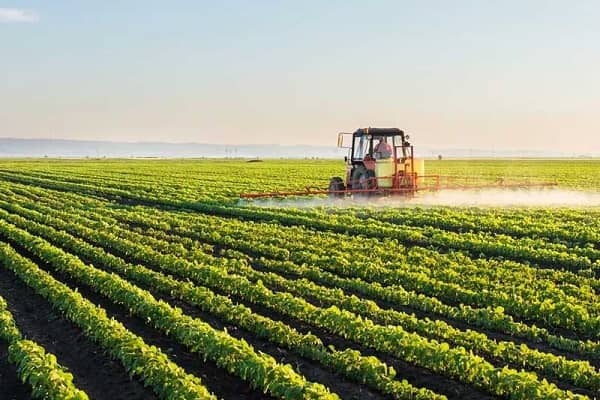Rising Farmland Costs Threaten Agribusiness, Food Security

The escalating cost of farmland is posing a significant challenge to Nigeria’s agribusiness sector and food security. In major agricultural zones across the country, farmland prices have surged by nearly 400 per cent, rendering many farmers unable to afford land for cultivation.
This surge has particularly impacted regions like Lagos, Ogun, Ondo states, and Abuja, where the average price of an acre of undeveloped farmland now ranges from N5 to N20 million, creating barriers to entry for small-scale farmers.
The situation is exacerbated by the increasing frequency of bandit attacks on farms, particularly in Northern and Southern regions, which further threatens food production and supply chains. As a result, farmers in areas like Ogun and Oyo states are seeking more affordable land options. However, even in these regions, land prices continue to soar as developers convert farmland into residential areas, with values exceeding N2.5 million per acre. This trend is squeezing small-scale farmers out of the market, as they struggle to compete with larger investors and developers.
Despite efforts to find cheaper land alternatives, many small-scale farmers are facing challenges in securing viable farmland for agricultural activities. Consequently, there has been a notable increase in the sale of poultry farms in states like Lagos and Ogun, as farmers seek to liquidate assets and adapt to the changing market dynamics. For instance, poultry farms are being offered for sale at prices ranging from N5 million to N70 million in various locations, reflecting the growing demand for land for non-agricultural purposes.
Analysts attribute the rising costs of farmland to various factors, including the booming housing market, which has led to the conversion of agricultural land into residential and industrial zones. While this trend contributes to economic growth and urban development, it also drives up the prices of farmland, making it increasingly inaccessible to small-scale farmers. As a result, stakeholders are calling for measures to address the issue and ensure the sustainability of Nigeria’s agricultural sector and food security.





